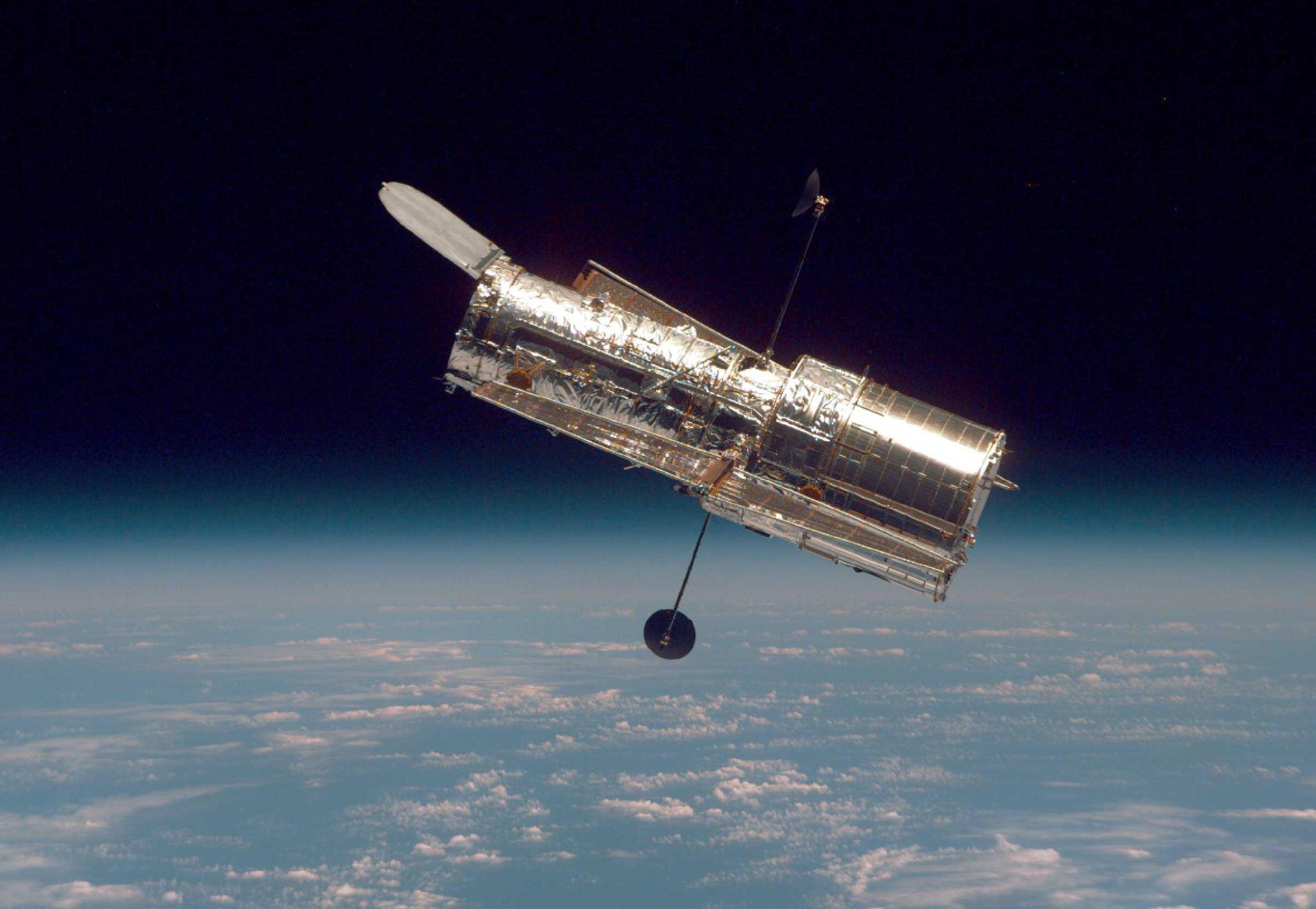Hubble Space Telescope suspends all observations after experiencing issues, Nasa says
Hubble’s science instruments went into safe mode’ due to synchronization issues, Nasa said

Your support helps us to tell the story
From reproductive rights to climate change to Big Tech, The Independent is on the ground when the story is developing. Whether it's investigating the financials of Elon Musk's pro-Trump PAC or producing our latest documentary, 'The A Word', which shines a light on the American women fighting for reproductive rights, we know how important it is to parse out the facts from the messaging.
At such a critical moment in US history, we need reporters on the ground. Your donation allows us to keep sending journalists to speak to both sides of the story.
The Independent is trusted by Americans across the entire political spectrum. And unlike many other quality news outlets, we choose not to lock Americans out of our reporting and analysis with paywalls. We believe quality journalism should be available to everyone, paid for by those who can afford it.
Your support makes all the difference.The Hubble Space Telescope has had its science instruments sent into safe mode after experiencing issues, Nasa has said.
“Hubble’s science instruments went into safe mode on Monday after experiencing synchronization issues with internal spacecraft communications,” the space agency tweeted. “Science observations have been temporarily suspended while the team investigates the issue. The instruments remain in good health.”
The Hubble Space Telescope has experienced a series of issues recently. In June this year, the $4.7 billion telescope halted due to a degrading memory module.
The main computer had stopped receiving the “keep-alive” signal which establishes and maintains a connection between the payload and the spacecraft’s computers.
In that instance, Nasa placed the telescope in safe mode and attempted to restart the payload computer. Nasa restarted the payload computer the following day in an attempt to resume normal operation, but the problem has persisted.
The Hubble Space Telescope it is set to be soon replaced by the James Webb Space Telescope. Nasa will be sending the new craft into orbit on 31 October aboard an Ariane 5 rocket, giving scientists the opportunity to look back 150 million to 1 billion years after time began – something that has been previously inaccessible to them with Hubble.
Join our commenting forum
Join thought-provoking conversations, follow other Independent readers and see their replies
Comments